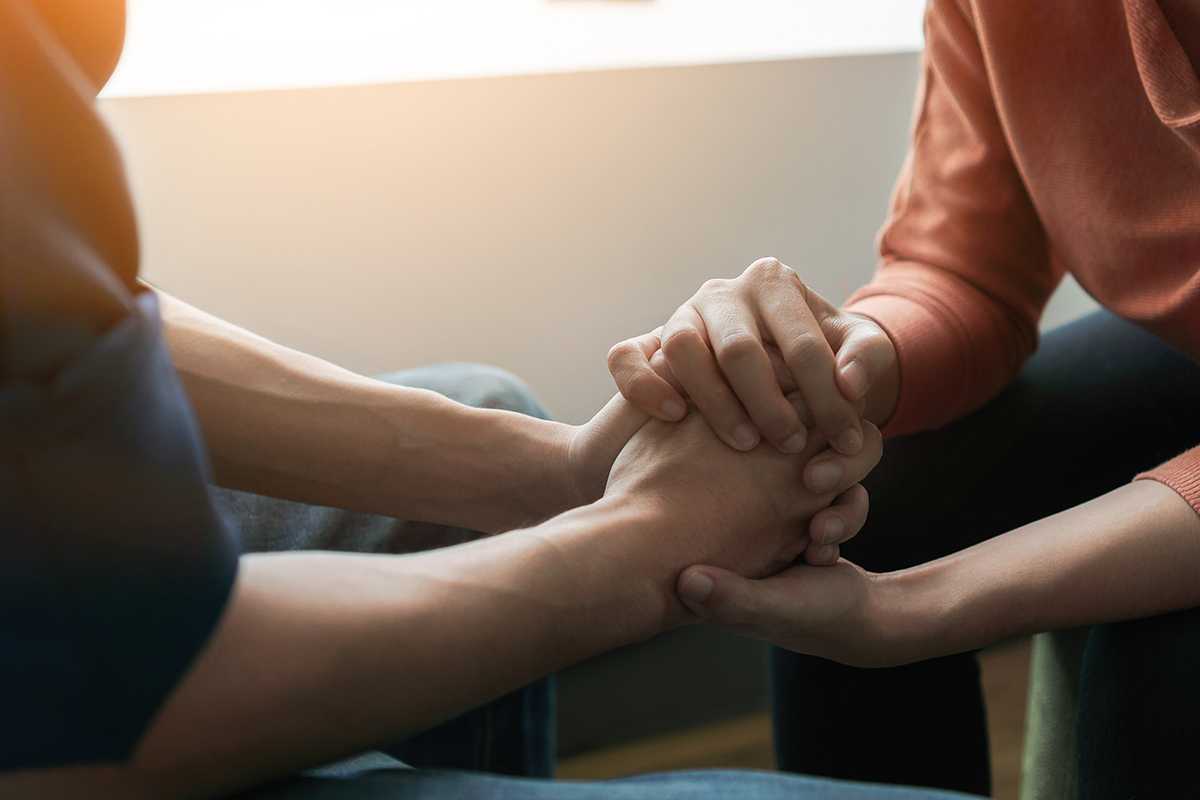Between 2016 and 2018, suicide was the second leading cause of death among Orange County youth ages 15 to 19 years, according to the latest Conditions of Children in Orange County report.
It’s a harrowing trend that also holds true nationally. The U.S. Centers for Disease Control and Prevention says suicide was second only to accidents among causes of death in this age group from 1999 to 2019.

While the National Institute of Mental Health points out that youth suicides are still relatively rare events overall, recent data suggests cases are on the rise. According to the CDC, the suicide rate for children and young adults from 10 to 24 increased nearly 60 percent between 2007 and 2018.
With September recognized as National Suicide Prevention Awareness Month, we reached out to OCDE’s regional mental health coordinators and the department’s Crisis Response Network to share some of the risk factors and warning signs associated with suicide, along with steps to take if you believe someone needs help.
Risk factors
The National Institute of Mental Health says risk factors vary depending on age, gender and ethnic group, and they may change over time. But some factors that increase an individual’s risk for suicidal thoughts and behaviors are:
- Depression, anxiety and other mental disorders
- Substance abuse disorder
- Chronic pain
- A prior suicide attempt
- A family history of suicide
- Family violence, including physical or sexual abuse
- Firearms in the home
- Having recently been released from jail or prison
- Exposure to suicidal behavior of others, such as family members or peers
The NIMH notes, however, that many people who have these risk factors are not suicidal.
Warning signs
The American Foundation for Suicide Prevention has identified three main areas to assess — talk, behavior and mood. Of those who die by suicide, the foundation says, most individuals exhibit one or more of the following warning signs:
They talk about:
- Killing themselves
- Feeling hopeless
- Having no reason to live
- Being a burden to others
- Feeling trapped
- Unbearable pain
They exhibit these behaviors, especially if related to a painful event, loss or change:
- Increased use of alcohol or drugs
- Exploring ways to end their lives, such as online searches for common methods
- Withdrawing from activities
- Isolating from family and friends
- Sleeping too much or too little
- Visiting or calling people to say goodbye
- Giving away prized possessions
- Aggression
- Fatigue
They display these moods:
- Depression
- Anxiety
- Loss of interest
- Irritability
- Humiliation/shame
- Agitation/anger
- Relief/sudden improvement
What to do next
According to the Mayo Clinic, the first step is to find out whether the person is in danger of acting on suicidal feelings. Be open and sensitive while asking direct questions like:
- Do you ever feel like just giving up?
- Are you thinking about dying?
- Are you thinking about hurting yourself?
- Are you thinking about suicide?
The Mayo Clinic says asking about suicidal thoughts or feelings won’t push someone into doing something self-destructive. In fact, offering an opportunity to talk about feelings may reduce the risk of acting on suicidal feelings.
How to get help
For immediate help, call 9-1-1. Do not leave the person alone, and contact trained professionals for help immediately. Share any warning signs and risk factors you’ve observed.
Here are some additional resources available at no cost.
- The Orange County Health Care Agency. The HCA has put together a list of mental health and substance use disorder resources in Orange County.
- The National Suicide Prevention Lifeline. 1-800-273-8255 is a 24-hour, toll-free, confidential suicide prevention hotline that’s available to anyone in suicidal crisis or emotional distress. It provides Spanish-speaking counselors, as well as options for deaf and hard of hearing individuals.
- The Crisis Text Line. The Crisis Text Line is the only 24/7, nationwide crisis-intervention text message hotline. Text HOME to 741-741.
- OC WarmLine. Available 24/7, the OC WarmLine is a free and confidential telephone service providing emotional support and resources to Orange County residents. Call 714-991-6412.
- NAMI Orange County. NAMI is the nation’s largest grassroots mental health organization. Its local affiliate, NAMI Orange County, has been offering online classes and support groups via Zoom.Visit www.namioc.org.
For more information, visit OCDE’s Mental Health Related Campaign Resources and Tool Kits webpage.
